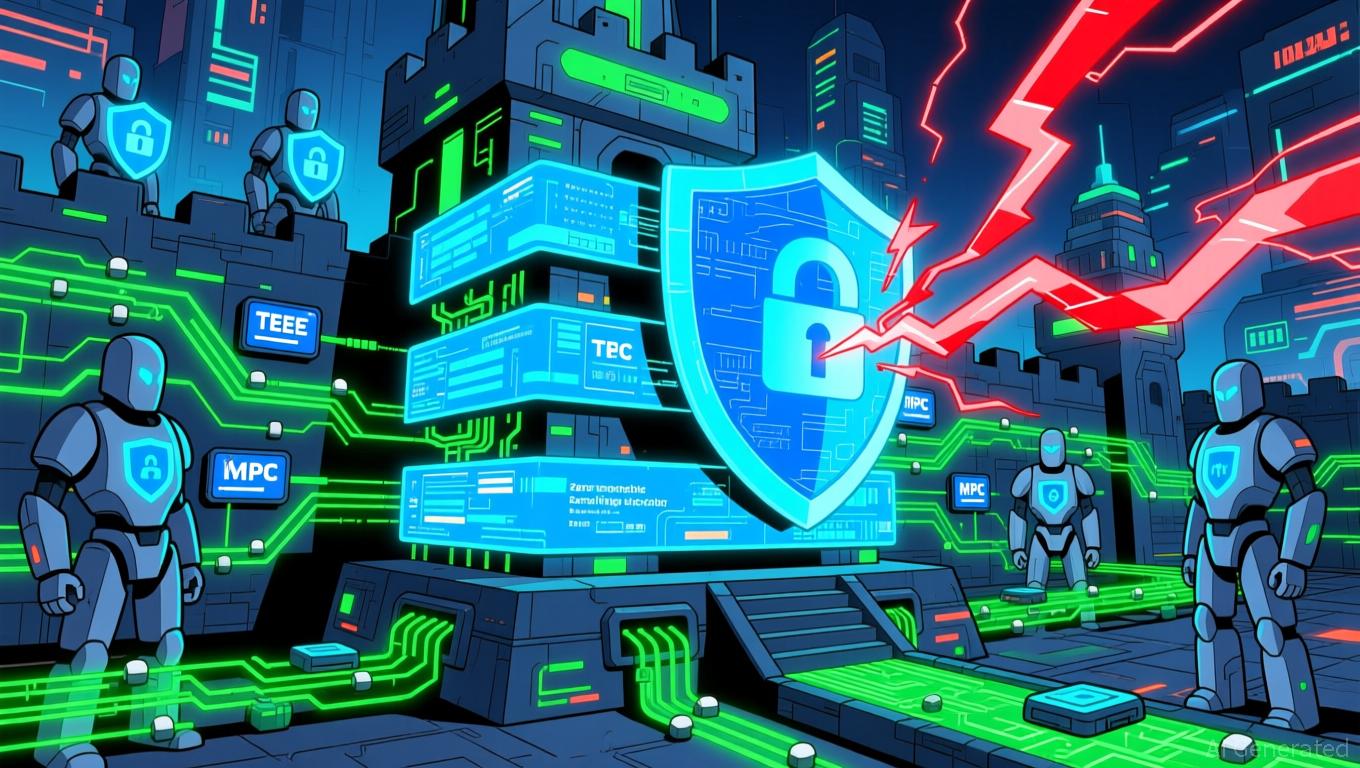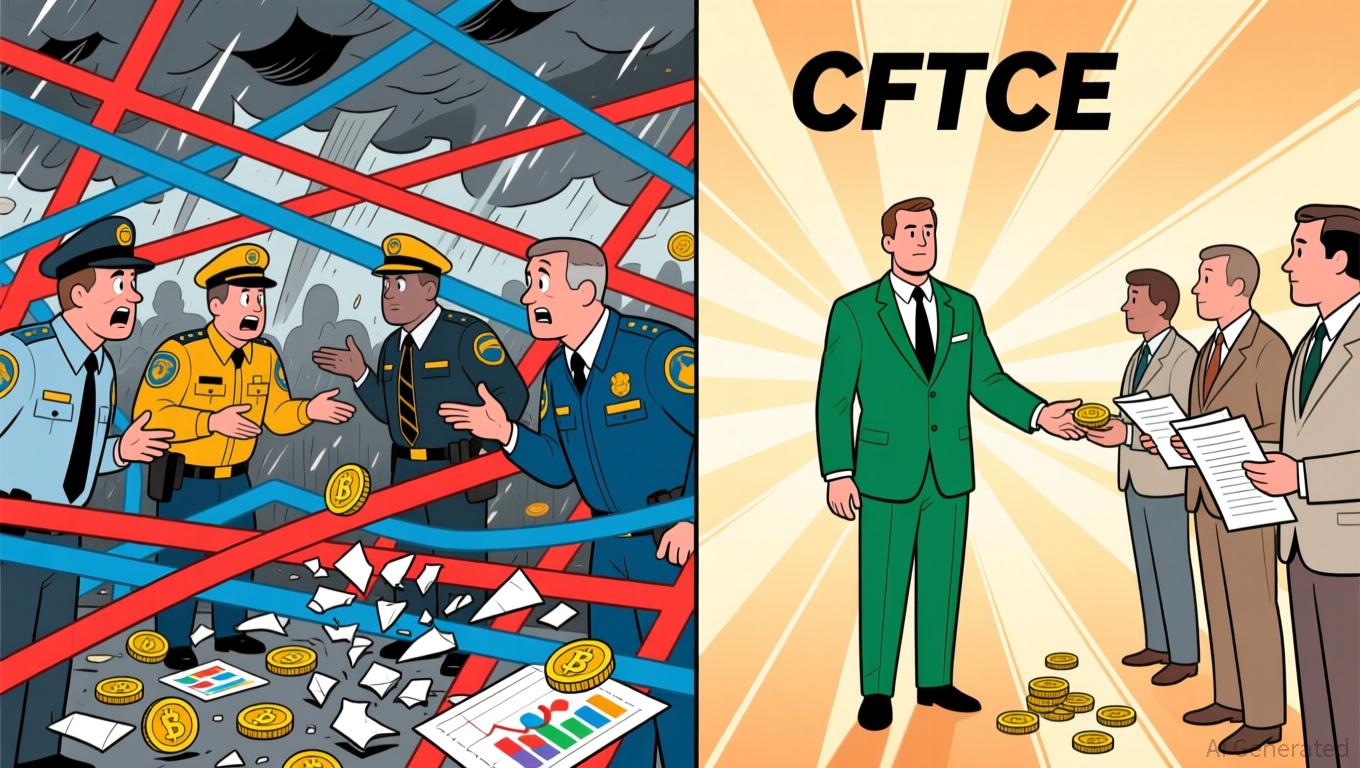Ethereum News Update: Ethereum's Major Crypto Revamp: Increased Gas Fees for a Quantum-Secure Tomorrow
- Ethereum co-founder Vitalik Buterin argues zero-knowledge (ZK) proofs require full homomorphic encryption (FHE) for post-quantum security and coercion resistance. - He identifies the modexp precompile as a major ZK scalability bottleneck, proposing its replacement with EVM code despite higher gas costs. - Removing modexp would streamline ZK-rollups but increase transaction fees by 15-25%, with Buterin emphasizing network-wide efficiency gains justify the trade-off. - Ethereum's cryptographic modernizatio
Vitalik Buterin, one of the founders of

The modexp precompile, which was added to Ethereum in its early stages to speed up RSA encryption and digital signature operations, is now largely outdated in the context of SNARK-based cryptography. Buterin observed that only a small number of use cases, such as RSA verification and cross-chain bridges, still depend on modexp, and these could be migrated to newer cryptographic methods without sacrificing performance. Eliminating modexp would simplify the development of ZK-rollups, shorten proof generation times, and allow for quicker transaction finality. However, this would come at the cost of higher gas fees for certain transactions—estimated to rise by 15-25%—though Buterin believes the overall benefits to the network outweigh these drawbacks
Ethereum’s efforts to update its cryptography go beyond just modexp. Buterin has promoted protocols like GKR (Gatekeeper-Reduced), which can speed up complex mathematical checks on standard consumer hardware, and has called for more transparent performance benchmarks for ZK and FHE technologies. His strategy focuses on improving scalability and security, aiming to retire outdated precompiles and move toward modular designs that fit Ethereum’s post-Merge philosophy. Feedback from developers and events such as Devcon has been largely positive, with many agreeing that holding onto legacy features like modexp slows down innovation
For developers, replacing modexp marks a transition toward more autonomous EVM code, reducing reliance on specialized precompiles and improving compatibility across blockchains. As ZK-rollups evolve, users could benefit from reduced transaction costs, provided the proposed EIPs are successfully adopted. Buterin’s initiative demonstrates Ethereum’s ongoing dedication to innovation, ensuring the platform stays at the forefront of secure and scalable blockchain technology.
Disclaimer: The content of this article solely reflects the author's opinion and does not represent the platform in any capacity. This article is not intended to serve as a reference for making investment decisions.
You may also like
Bitcoin News Update: Trump's Pause on China Tariffs Triggers Worker Protests Over Future of U.S. Shipyards
- Trump administration suspends China tariffs on shipbuilding imports, drawing labor union criticism over domestic industry risks and worker refunds. - 175 H-1B visa abuse investigations reveal $15M+ potential refunds, as unions warn of wage suppression and corporate favoritism in trade policies. - Square enables Bitcoin payments for 4M U.S. merchants, advancing crypto adoption while Trump dismisses inflation concerns and vows meatpacking crackdowns.

Bipartisan Legislation Assigns Crypto Regulation to CFTC to Clarify Oversight Uncertainty
- U.S. lawmakers propose shifting crypto regulation from SEC to CFTC via a bipartisan bill, reclassifying most digital assets as commodities. - The draft aims to resolve regulatory ambiguity stifling innovation, building on stalled House CLARITY Act efforts during the 38-day government shutdown. - Market optimism surged as shutdown relief pushed Bitcoin above $105k, with ETF outflows persisting amid anticipation of clearer CFTC-led oversight. - Critics warn of CFTC resource constraints, while proponents hi

Solana News Update: DevvStream Invests in SOL Despite $11.8M Deficit, Shows Strong Confidence in Sustainable Blockchain Prospects
- DevvStream Corp. (DEVS) disclosed holding 12,185 SOL and 22.229 BTC, staking SOL for 6.29% annualized yield amid a $11.8M fiscal 2025 loss. - The company launched a digital asset treasury via BitGo/FRNT Financial, securing $10M liquidity from a $300M convertible note facility. - Plans include a 2026 tokenization platform for carbon credits and Solana staking, aligning with its de-SPAC/Nasdaq listing strategy. - Despite crypto market outflows, DevvStream's staked SOL attracted inflows, contrasting broader